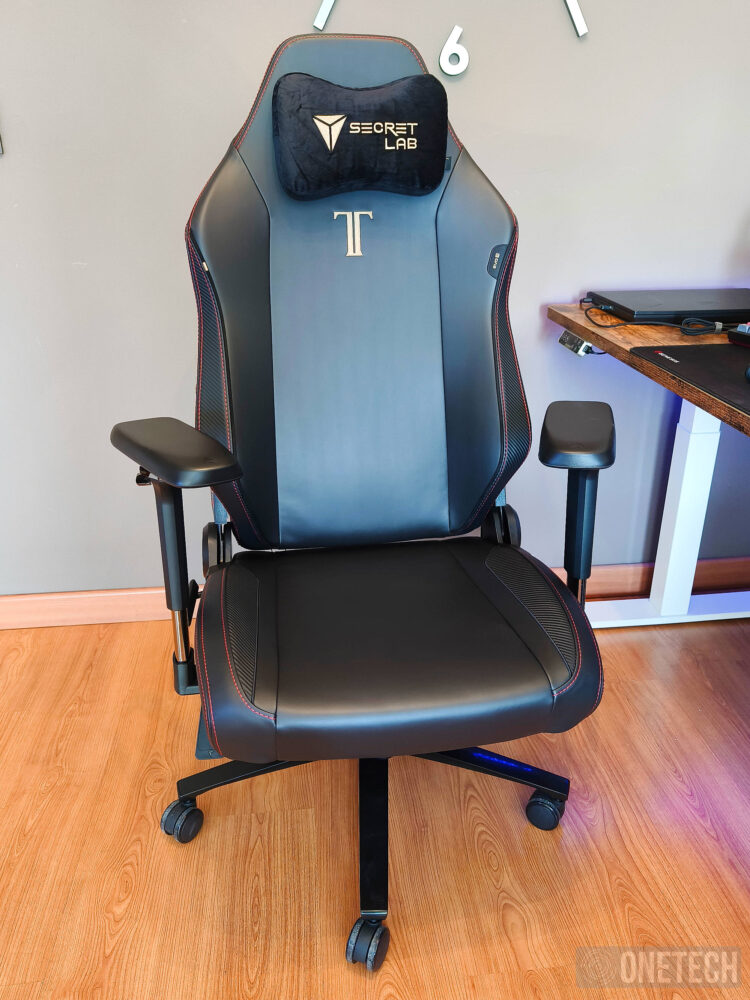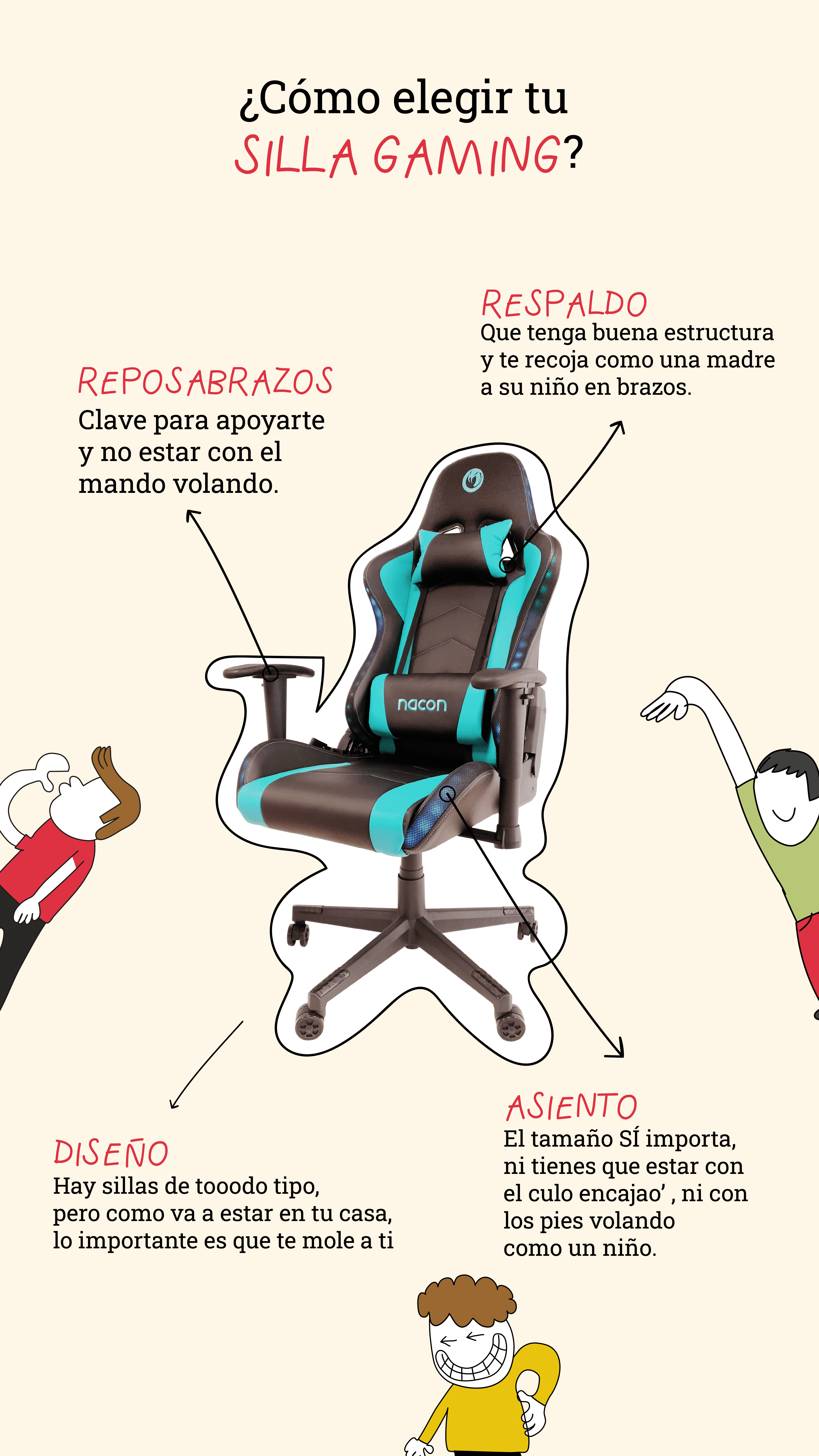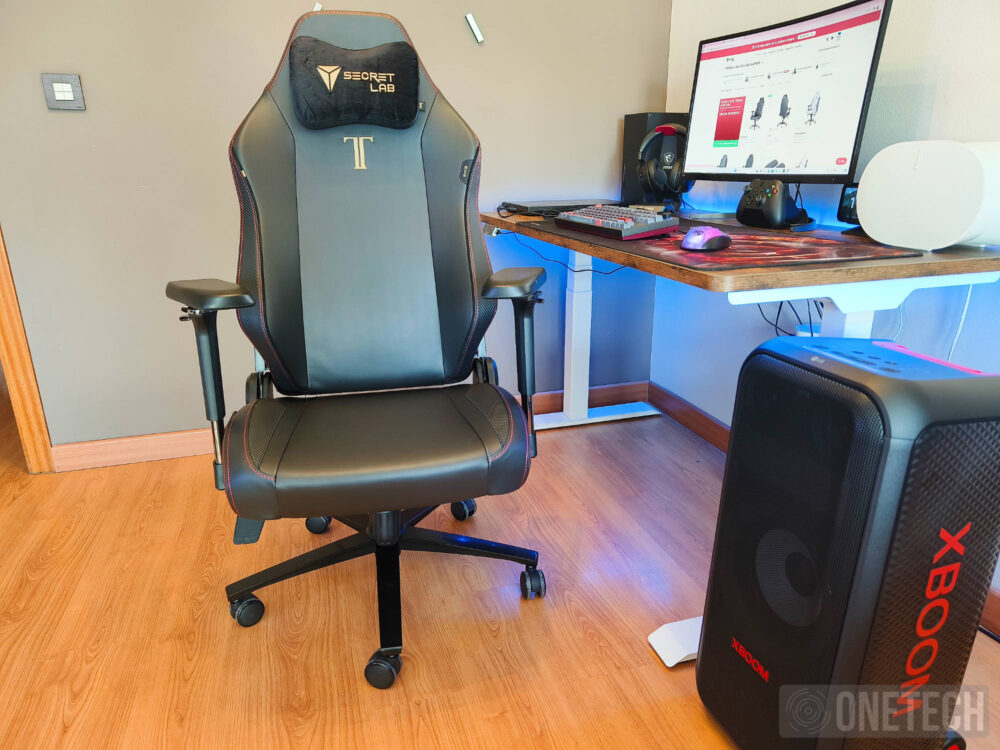![KLIM Esports Silla Gaming Ergonómica + con Soporte Lumbar y Cervical + Reclinable + Silla de Escritorio Ajustable + Piel Sintética y Materiales Premium + Silla Gamer Blanca [Nueva VERSIÓN 2022] : Amazon.es: Hogar y cocina KLIM Esports Silla Gaming Ergonómica + con Soporte Lumbar y Cervical + Reclinable + Silla de Escritorio Ajustable + Piel Sintética y Materiales Premium + Silla Gamer Blanca [Nueva VERSIÓN 2022] : Amazon.es: Hogar y cocina](https://m.media-amazon.com/images/I/61j9BSAjJzL.jpg)
KLIM Esports Silla Gaming Ergonómica + con Soporte Lumbar y Cervical + Reclinable + Silla de Escritorio Ajustable + Piel Sintética y Materiales Premium + Silla Gamer Blanca [Nueva VERSIÓN 2022] : Amazon.es: Hogar y cocina

💥 las MEJORES SILLAS 𝗚𝗔𝗠𝗜𝗡𝗚 🥇 Qué silla GAMING comprar // ▷ TOP 5 calidad precio gamer 2022 - YouTube
![KLIM Esports Silla Gaming Ergonómica + con Soporte Lumbar y Cervical + Reclinable + Silla de Escritorio Ajustable + Piel Sintética y Materiales Premium + Silla Gamer Blanca [Nueva VERSIÓN 2022] : Amazon.es: Hogar y cocina KLIM Esports Silla Gaming Ergonómica + con Soporte Lumbar y Cervical + Reclinable + Silla de Escritorio Ajustable + Piel Sintética y Materiales Premium + Silla Gamer Blanca [Nueva VERSIÓN 2022] : Amazon.es: Hogar y cocina](https://m.media-amazon.com/images/I/71dQNhULduL._AC_UF350,350_QL80_.jpg)
KLIM Esports Silla Gaming Ergonómica + con Soporte Lumbar y Cervical + Reclinable + Silla de Escritorio Ajustable + Piel Sintética y Materiales Premium + Silla Gamer Blanca [Nueva VERSIÓN 2022] : Amazon.es: Hogar y cocina




![La mejor silla gaming para el Black Friday 2022 [Súper Barata] La mejor silla gaming para el Black Friday 2022 [Súper Barata]](https://www.oficinasmontiel.com/blog/wp-content/uploads/2022/10/vulcan-gaming-scaled.jpg)



















